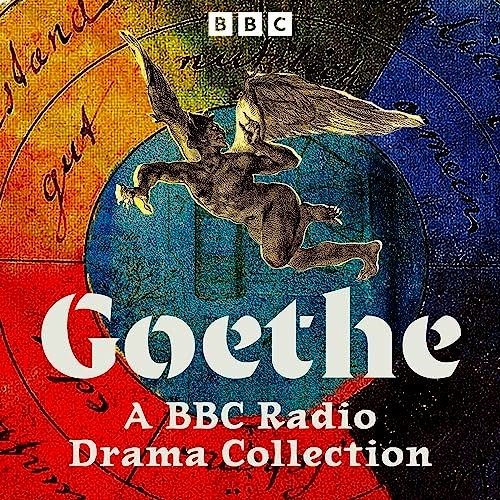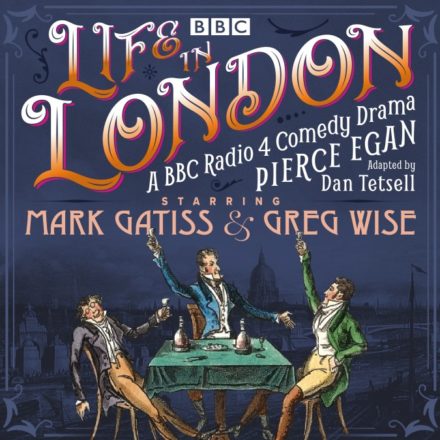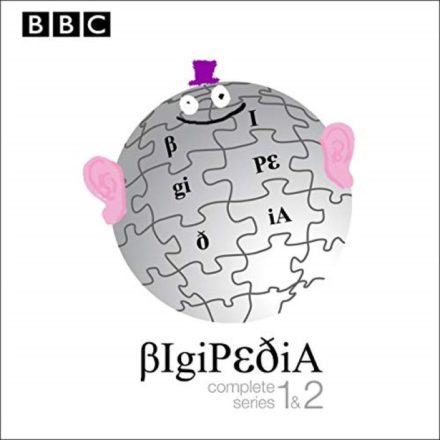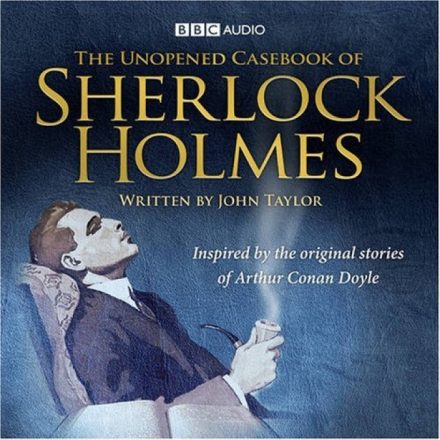Members get information about when streams/downloads become available, as well as accessing podcast RSS feeds for freely-available content to make listening to great shows a breeze, Register Here
A collection of seminal dramatised pieces by the great German polymath, Johann Wolfgang Goethe.
Goethe was a colossus of German literature and a true Renaissance man. A novelist, dramatist, poet, humanist, scientist and philosopher, he wrote the first international bestseller, The Sorrows of Young Werther, and his epic masterpiece Faust is one of the most famous and celebrated dramas of all time.
This anthology opens with a dramatisation of Faust, which tells of a magus with an insatiable thirst for knowledge who makes a pact with the Devil. Featuring atmospheric music performed by the King’s College Choir and the BBC Singers.
It is followed by The Sorrows of Young Werther, Goethe’s tale of a passionate young artist at odds with society, who falls hopelessly in love with his friend’s fiancée.
Originally published in 1795 under the title ‘The Green Snake and the Beautiful Lily’, A Fairy Tale is a magical, mysterious and strikingly modern story whose images foreshadow the poetry of surrealism.
To conclude, a trio of historical tragedies: Egmont, set in 16th century Brussels and with a score specially composed by Ludwig van Beethoven; Iphigenia in Tauris, a reworking of the ancient Greek play by Euripides; and Torquato Tasso, a verse drama about the eponymous 16th century Italian poet and courtier and his descent into madness.
Faust – The medieval folk legend of Simon Magus, who makes a pact with the devil, forms the basis of Goethe’s famous work. Disenchanted with the limitations of his academic knowledge, Dr Faust decides to study the arts of magic and to master the supernatural. Mephistopheles appears and offers Faust renewed youth and the power to experience the reality and the mystery of life and all the human suffering it will involve. Faust signs an agreement with the devil, but his soul will only be forfeited if ever his restless
The Sorrows of Young Werther – Goethe’s story of a young artist at odds with society and his turbulent love affair.
A Fairy Tale – One of Goethe’s most mysterious, and to our eyes strikingly modern, works is this fairy tale. In its imagery it foreshadows the poetry of surrealism.
Egmont – The tragedy written in 1788 by Johann Wolfgang von Goethe with overture and incidental music by Ludwig van Beethoven. The action of the play takes place in Brussels and begins in the year 1568
Iphigenia in Tauris – Hoping to appease the Furies, Orestes comes secretly to Tauris, in South Crimea, to fulfil Apollo’s command ‘to bring back the Sister’. He is certain this is an order to steal the statue of Diana. But his own supposedly dead sister Iphigenia is the priestess of Diana’s temple. Orestes and Pylades are arrested, and the unsuspecting Iphigenia is ordered by the king to put them to death on Diana’s altar, according to a revived Taurian custom.
Torquato Tasso – “Here other men must suffer grief in silence,
A god gave me the power to speak my pain.”
The poet Tasso lives in the palace of the enlightened Duke Alfonso in 16th-century Ferrara. He has finished his masterpiece, ‘Jerusalem Liberated’ and is symbolically crowned by his admiring patrons. Goethe presents a highly-cultured Court, dedicated to the pursuit or artistic excellence. The play is centrally concerned with the discrepancy between the artist and the rest of the world.
Episode List
- 01 – Faust
- 02 – Faust
- 03 – The Sorrows of Young Werther
- 04 – A Fairy Tale
- 05 – Egmont
- 06 – Iphigenia in Tauris
- 07 – Torquato Tasso


















